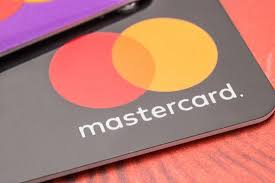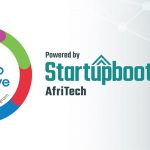A 92% increase in the data top-up, 67% rise in clothing shopping, and 56 increase in people shopping for computer equipment.
Among the top learning experiences are cooking, dancing, mastering a DIY language, and mastery of DIY projects.
Social media has been vital in connecting consumers to online businesses.
MasterCard has conducted a study on consumer spending that reveals four of five consumers surveyed in Kenya are shipping more goods online since the pandemic began. The highest surge in online activity was witnessed by banking, healthcare, data, apparel, and FMCG. 92% of consumers across Kenya confessed paying for data top-ups online, 62% on clothing, and 56% on computers and equipment.
Fewer options of browsing the malls or streets have resulted in an uptick in social media as the main platform for landing the best products on offer. 78% and 56% of respondents reveal how they have discovered new sellers through Instagram and Facebook. 80% of your in-store bargain hunters have spent hours searching the web for the best deals.
When paying for goods online speed is key to most shoppers with 84% quoting this as a major consideration for them to choose a business worth buying.
Virtual experiences
The new normal means people are changing how they consume entertainment and focussing on picking up new skills. 86% of Kenyans touted the downtime as a great moment to pick up new skills. 71% said they took up virtual cooking classes, 38% mastering a new language, and 43% were taking dancing lessons online.
In a statement, Kari Tukur, the Vice President of MasterCard-Subsaharan Africa pointed out the “undisputable transformation” brought about by Covid-19.
New shopping habits
The rise of online shopping has seen more consumers being aware of the associated risks. Over 77% of consumers are managing their banking needs online, while 68% have attributed a secure checkout as the reason for a smooth shopping experience.
 We just launched our WhatsApp channel. Want to get the latest news from the Tech in Africa?
We just launched our WhatsApp channel. Want to get the latest news from the Tech in Africa?


